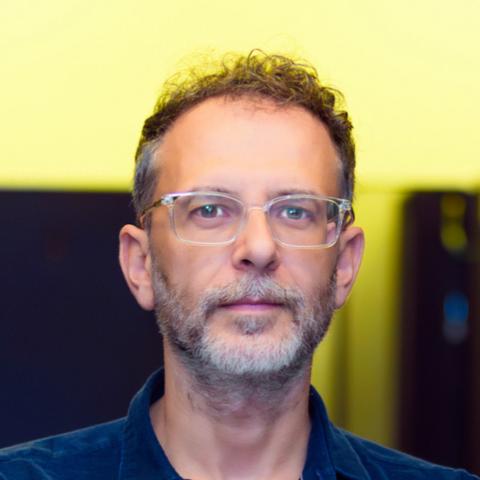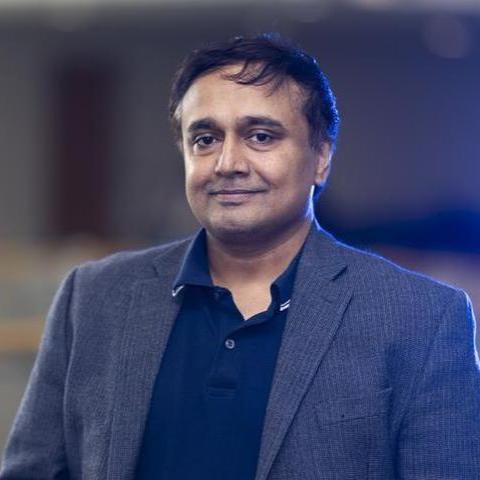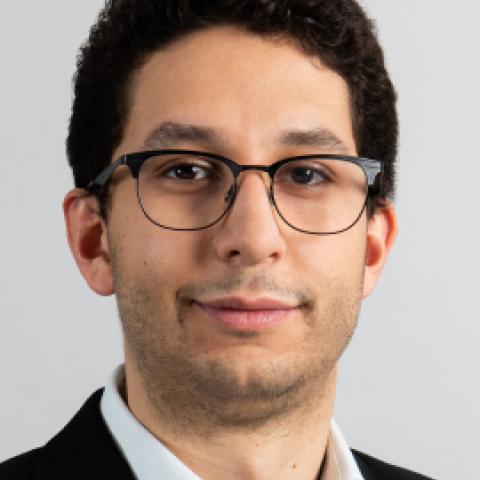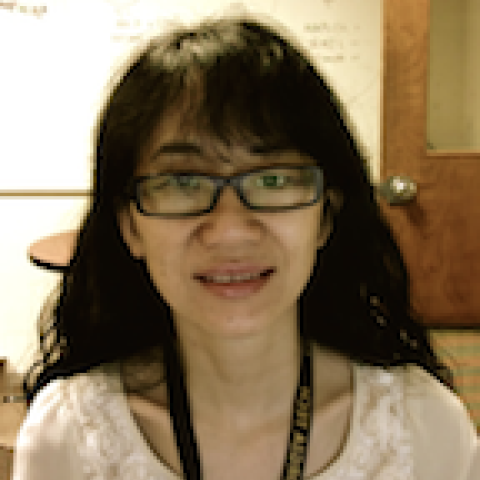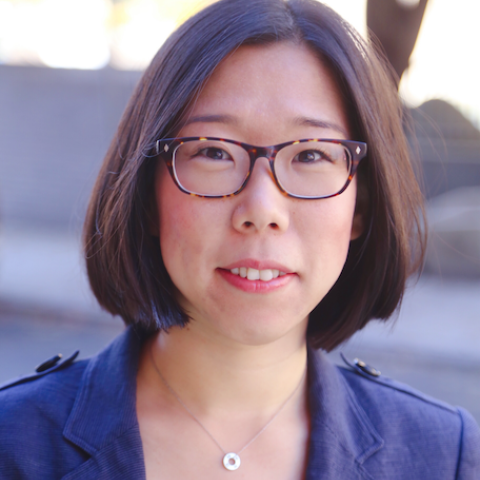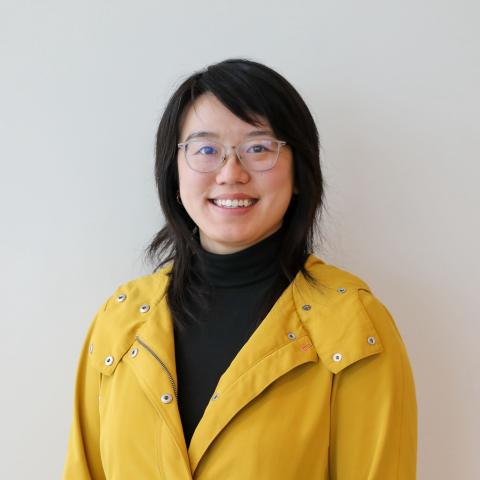Alan Ritter

Alan Ritter is an associate professor in the School of Interactive Computing at Georgia Tech. His research interests include natural language processing, information extraction, and machine learning. He completed his Ph.D. at the University of Washington and was a postdoctoral fellow in the Machine Learning Department at Carnegie Mellon. His research aims to solve challenging technical problems that can help machines learn to read vast quantities of text with minimal supervision. His work has been featured in the press including WIRED, TNW and VentureBeat. Alan is the recipient of an NSF CAREER, an Amazon Research Award, a Sony Faculty Innovation Award, and several paper awards presented at the Annual Meeting of the Association for Computational Linguistics.
- AI
- Large Language Models
- Natural Language Processing
- Algorithms and Optimization
- Machine Learning
